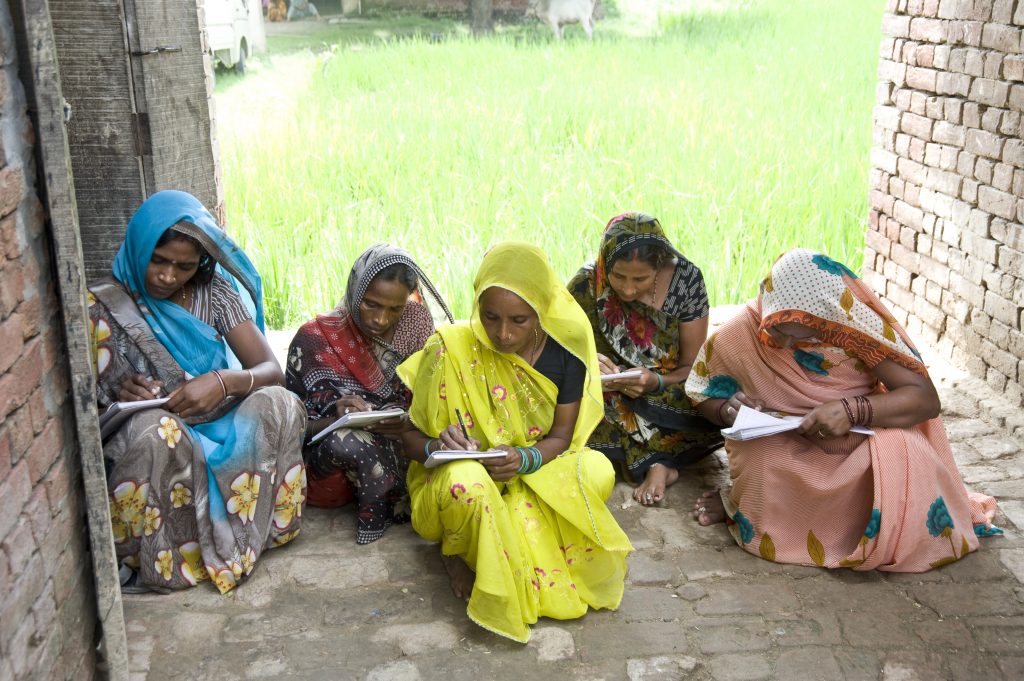While adult education has been pushed further to the margins during the pandemic, its potential contribution to the creation of healthier, happier and more inclusive societies has never been clearer, argues Jamila Razzaq

The long-term impact of the COVID-19 pandemic on education and learning remains to be seen. It is clear, however, that, across the world, formal systems of education have not been able to reach every learner in this crisis. Underlying structural issues in terms of priorities, roles and delivery models for education systems and services have been exposed by the crisis. Ineffectual and under-resourced mechanisms for alternative pathways to learning, inadequate connection between homes and schools, missing links between education and other social services, and under-developed practice in self-directed learning have all been highlighted in the search for viable solutions in the current situation.
In some parts of the world, learning from home through online and distance learning became the new norm during lockdown, as teaching and learning activity in physical classrooms became impossible to maintain. This shift in provision has opened up the possibility of further development and investment in alternative, non-formal and family-based learning pathways. The solutions adopted during the pandemic can be integrated into education systems to ensure learners have greater opportunities to learn through multiple pathways. Continue reading

